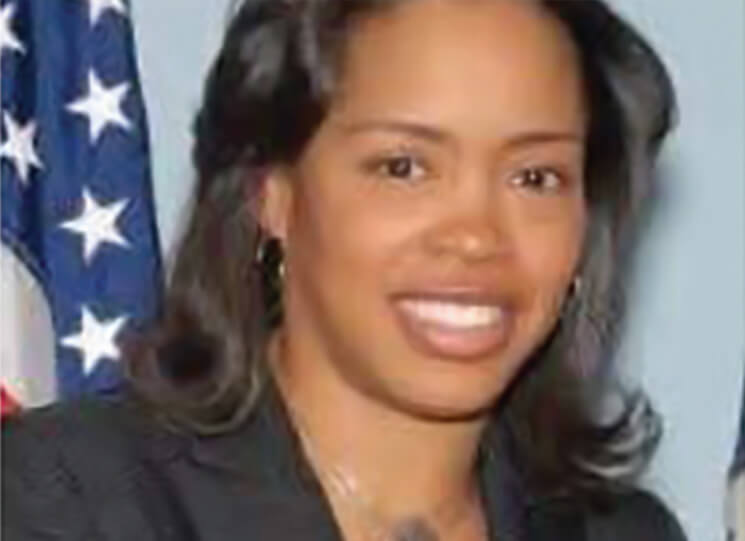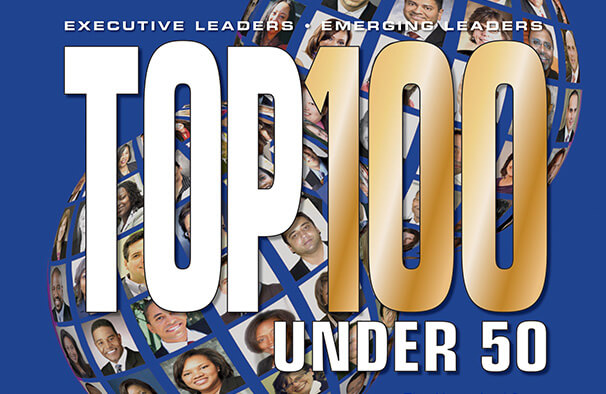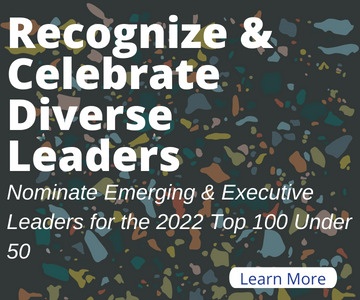
MICHELE C. MEYER-SHIPP, J.D
CHIEF DIVERSITY & INCLUSION OFFICER
AKIN GUMP STRAUSS HAUER & FELD LLP
SETON HALL UNIVERSITY SCHOOL OF LAW
What experiences in your career best positioned or prepared you for a global leadership role?
My personal and professional experiences positioned me for a global leadership role. In my personal life, both traveling in Europe, Asia, Africa and Latin America; and hosting international exchange students in my home over a 10-year period; exposed me to people
from different backgrounds and made me curious about different cultures. That curiosity fuels my drive to work in global roles. Professionally, working as an employment attorney exposed me to varying laws from country to country, as well as various ways of doing
business with others. This exposure helped me figure out how to navigate from country to country as the rules of engagement are different in each location.
What type of risks have you taken in your career, and how did they prepare you for the unexpected?
The biggest risk that I have taken in my career involves me continuously taking on job opportunities outside of my comfort zone. For example, early in my career, I left my role as a litigator in the private practice of law to take on quasi-legal positions in the public sector. Later in my career, I left the practice of law, completely, to take on a brand-new role in D&I
management for a corporation. Taking on different types of jobs and stepping into new industries and sectors without knowing exactly how to navigate, while risky and candidly frightening, prepared me to live in today’s “VUCA” world (volatile, uncertain, complex and ambiguous).
What advice would you offer to developing and emerging leaders to leverage mentoring and coaching relationships?
My simple and straightforward piece of advice to emerging leaders is to build a personal Board of Mentors – a group of different people who you can call on for advice and guidance relating to all aspects of your life. While you are likely to call on one mentor to navigate
a particular issue, that mentor may not be equipped to help you navigate another issue. Thus, a Board of Mentors will ensure that you always have someone in that network to call on.





